The News-Hub/ Articles
Back to Articles
Recommended Articles
The World is Drowning in Plastic
Plastic was invented in the late 19th century, but production only really took off around 1950. According to a survey conducted in 2018, a staggering 6.3 billion metric tons of plastic has become waste, of which only 9% was recycled. Needless to say, scientists are worried.
We have now created such a large mess in the oceans with our plastic use and waste that it's hard to imagine how we are going to fix it. Most plastic waste is dumped carelessly onto land or into rivers, primarily in Asia. This trash then eventually makes its way to the ocean. The oceans continuously absorb toxins, which in turn are just waiting to be eaten by helpless marine life. We hardly know how long it will take for the plastic to completely biodegrade into its constituent molecules, but what we do know is that it is making its way into the food chain - and even into us. As a result, one million marine animals are killed by the ocean's plastic every year. Many are now at an even greater risk of going extinct. Endangered species such as Hawaiian monk seals and Pacific loggerhead turtles are among the hundreds of species that get caught in plastic waste.
Marine animals of all sizes eat micro plastic from the ocean, which sits in their guts and slowly poisons them. It is clear that plastic pollution is a looming catastrophe; yet, while the world focuses on global warming and greenhouse gasses, it almost feels like the story of plastic is being forgotten. So consider this your much needed reminder.
We know how to recycle and how to dispose of plastic, but the growth of plastic production has increased much faster than the efficiency of waste management. So, if we want to save our planet we have to pick up the slack - we must stop perpetuating this cycle of neglect, ignorance, and denial. If we all do our parts as individuals then together, we can make a large change and make the oceans a wonderful place for all marine life. Like many social and environmental issues, simple lifestyle changes, campaigns, and putting pressure on local governments can help prevent the world from entering a dystopian future, buried under plastic.
Empty content. Please select category to preview

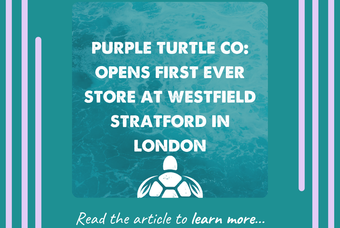

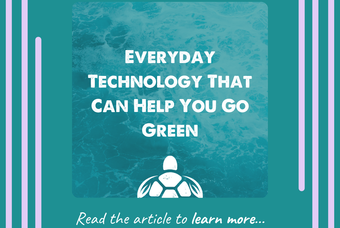
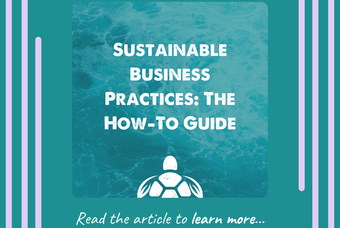
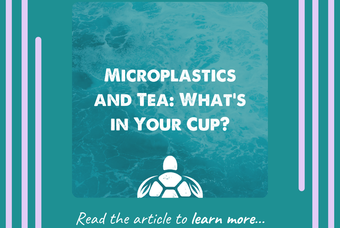
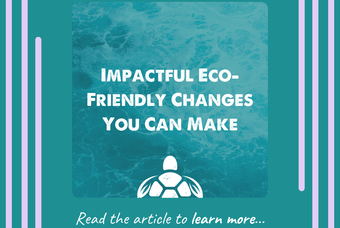
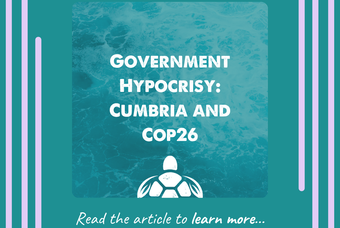
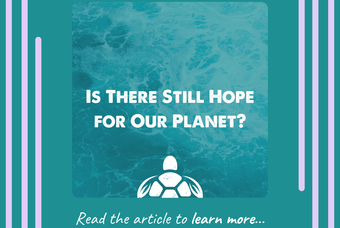
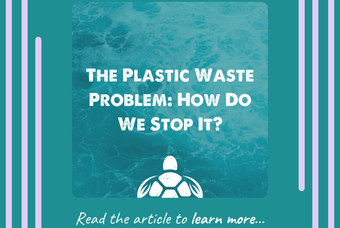
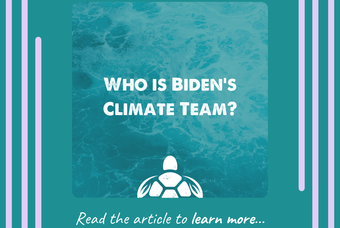
0 comments. Write a comment